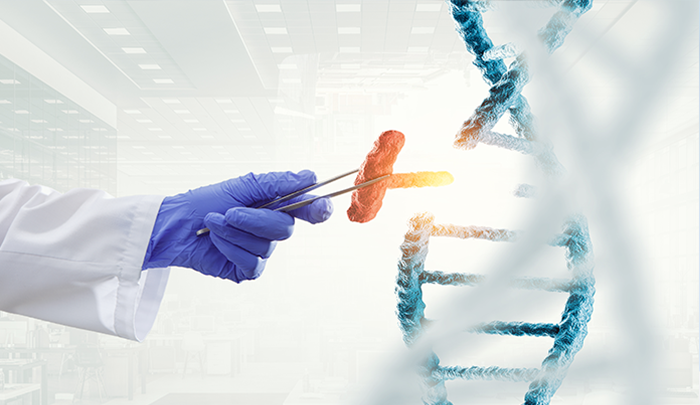What is DNA sequencing?
There are over 6000 types of genetic diseases that have been identified. These diseases can affect one organ, like the heart or brain, or the whole body. Genomic testing searches for changes in small sections to the size of the whole genome for mutations that lead to disease.
What does it mean when we say that sequencing “searches” for changes? The genome is composed of a long chain of code with each link translated to a unique letter of either A, C, G, or T. The code includes “genes” and other DNA elements that genomic scientists recognize as important for health of the cell and body.
BioAro is able to sequence multiple genes at the same time by using ‘next generation sequencing’ (NGS) or ‘massively parallel sequencing’. Once the DNA is sequenced the resulting sequences can be analyzed and risk of health conditions can be interpreted.

